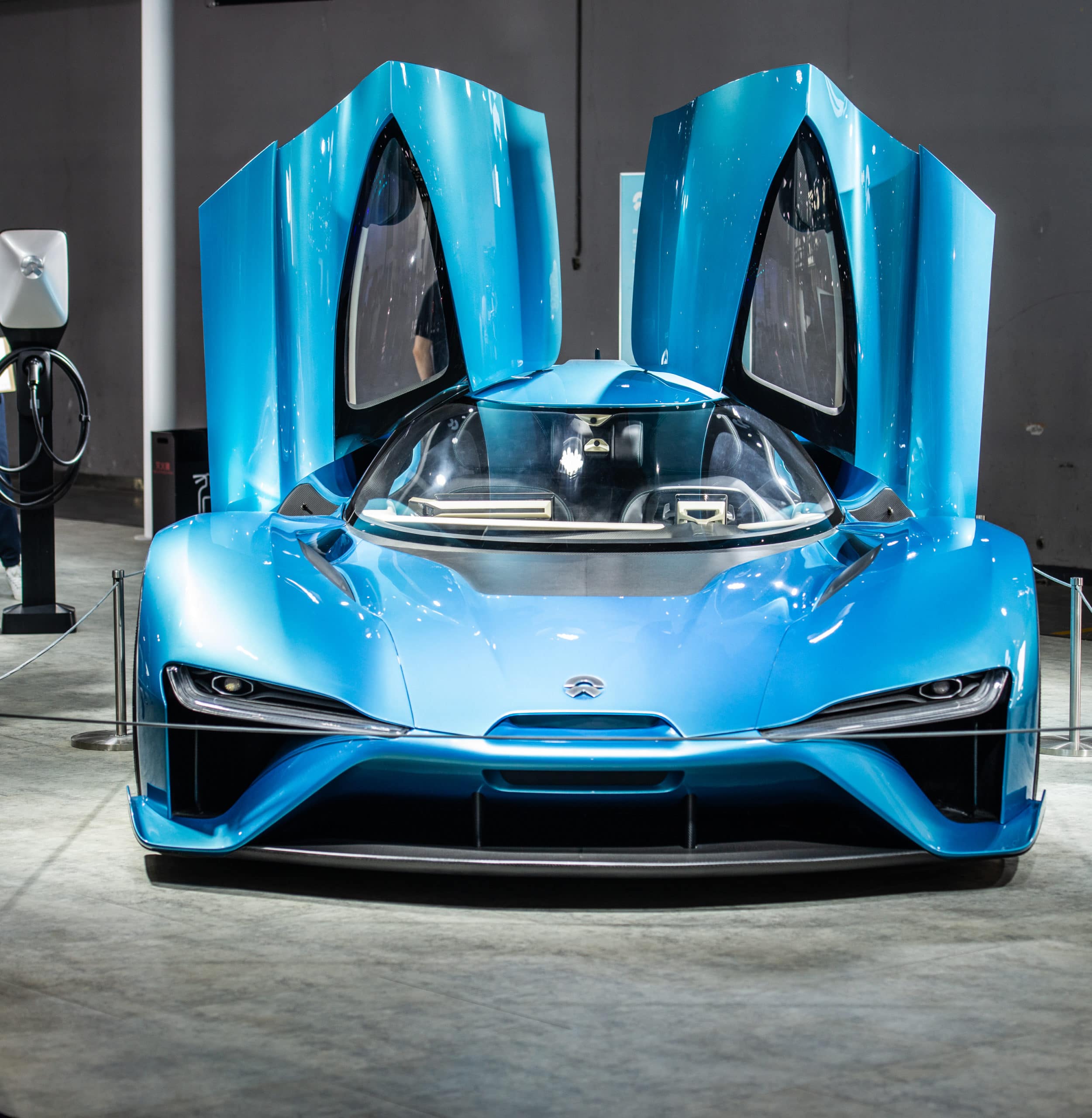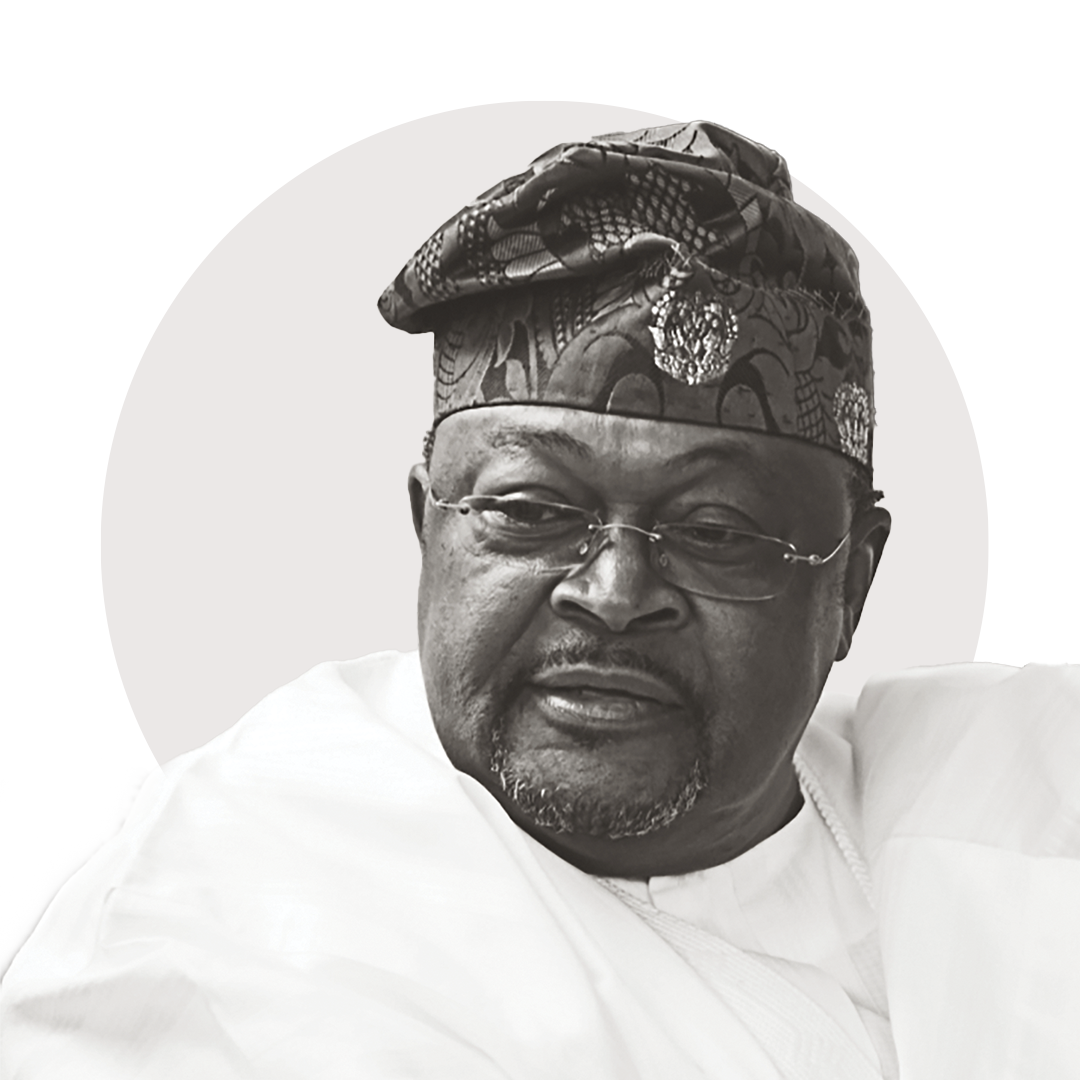Electric car billionaire William Li, the so-called Elon Musk of China, entered 2020 in a terrible predicament. His publicly-traded electric vehicle concern, Nio, had consumed some $6 billion-plus in funding and was in a cash crunch so dire it warned investors of “substantial doubt about the company’s ability to continue as a going concern.”
By February, Nio’s shares, listed on the New York Stock Exchange, traded as low as $3, valuing the company at less than its total cash raised. Dizzying losses meant Li’s electric car dream was proving harder than expected to realize, and then came Covid-19. With Nio’s stock limping along, down 80% from its first day of trading, Li turned to governments around the world for bailout cash.
On April 10, the company’s wholly-owned California-based operation, Nio Inc. USA, applied for and was granted a $5.4 million loan as part of the Cares Act’s Paycheck Protection Program (PPP), via its lender East West Bank. The cash was used to save 204 jobs, according to its application, and was part of a series of bailouts that helped save Nio and eventually turn its founder Li into a billionaire many times over. In April and May, Nio also raised over $1 billion in new cash from the Hefei and Anhui municipalities in China via manufacturing and investment partnerships.
Since its bailouts, Nio has transformed from a desperate electric vehicle concern into a stock market darling, fueled by a speculative investment mania not seen since the dot-com-era. It’s shares now trade at over $46, or a $60 billion-plus market capitalization. With its soaring valuation, Nio has raised more than $2 billion in new cash by selling stock, some of it used to redeem investments made by Chinese municipalities, according to prospectuses. Forbes values Li’s net worth at $7 billion, almost entirely based on Nio’s skyrocketing stock.
Despite its success, Nio plans to keep its PPP bailout money, which was intended to keep struggling small businesses in the U.S. afloat. The millions of U.S. bailout cash the company was granted sits in its U.S. banks account and will be used for expenses. Says a Nio spokesperson in an email to Forbes, “NIO’s research and development center that is part of NIO, Inc. and based in San Jose, California, applied for the program and received a loan of $5.4m on April 13, 2020. The maturity date is 2 years after April 13, 2020 (i.e. April 13, 2022) with an annual interest of 1%. The entire amount has been kept in NIO’s US bank account and used for US payroll, rental expenses, and utility bills.”
Loading...
Nio is far from alone among well-funded electric vehicle and self-driving car startups that took taxpayer cash. EV and self-driving car startups now worth $75 billion on public and private markets took over $50 million in PPP cash, according to Forbes’ research. Many, like Nio, have decided to keep the cash even as their fortunes soar and their founders become billionaires. Included in this group are a number of EV startups that have cashed in on the speculative Spac boom this year to go public.
Soaring EV and autonomous driving Spac concerns such as Hyliion, Luminar Technologies, Nikola Motor, Canoo, Velodyne Lidar and Lordstown Motors all took millions in PPP money. While Hyliion and Luminar have since completed their Spac IPOs and returned their $10.1 million and $7.8 million PPP loans, respectively, filings indicate Canoo and Velodyne Lidar have not returned their bailout money.
Electric mini-bus startup Canoo, which has raised over $1 billion in funding according to PitchBook data, was valued at $1.8 billion in a merger with a Spac named Hennessy Capital Acquisition IV, which raised $600 million in investor cash. Since the Spac merger was agreed in August, Canoo has seen its implied valuation surpass $3 billion based on a heavy speculative buying. Regardless, the company recently told investors it expects to see its $7 million PPP loan forgiven by taxpayers.
Says Canoo in a Dec. 4 filing. “During October 2020, Canoo submitted its application for forgiveness of the PPP Loan. Canoo has and intends to continue to use the PPP loan proceeds for purposes consistent with the provisions of the PPP and believes that such usage will meet the criteria established for forgiveness of the loan.” (A spokesperson didn’t respond to an email seeking comment.)
Velodyne Lidar, a startup selling self-driving car technologies, took $10 million in PPP cash. As a private startup, it raised hundreds of millions of dollars in venture capital. Then, in July, it struck a merger with a Spac called Graf Industrial at a $1.8 billion valuation, raising about $400 million in new investor cash. Since the summer, Velodyne Lidar’s stock has doubled to a $3.5 billion valuation. At current prices, founder David S. Hall’s beneficial ownership of 59 million shares are worth over $1 billion.
According to its financial disclosures, as of Sept. 30, the PPP loan was still sitting in company coffers. Says Velodyne in a Nov. 9 filing, “The principal and accrued interest are forgivable after 24 weeks as long as the borrower uses the loan proceeds for eligible purposes, including payroll, benefits, rent and utilities, and maintains its payroll levels and that approval is received from the relevant government entity. The unforgiven portion of the PPP Loan is payable in two years at an interest rate of 1% per annum, with a deferral of interest payments for the first six months.” (Velodyne didn’t respond to an email seeking comment).
Electric bus startup Proterra is one of the most well-funded Silicon Valley EV startups ever, raising a $750-million-plus from backers like Masa Son’s SoftBank and George Soros, according to PitchBook. It took a $10 million PPP loan in April from Town Centre Bank. Says a spokesperson of the loan, “We can confirm that Proterra received a Payroll Protection Program (PPP) loan earlier this year, which supported our ability to maintain a full workforce as we’ve navigated the uncertainty caused by the COVID-19 pandemic. Beyond that, we do not comment on financial matters involving the company.”
Lordstown Motors, an EV pickup truck startup that raised $675 million in August as part of a merger with a Spac called DiamondPeak Holdings, took a $1 million PPP loan. It will keep the cash. It recently told shareholders it “intends to use the entire PPP Loan amount for qualifying expenses and to apply for forgiveness of the loan in accordance with the terms of the CARES Act.”
Forbes was also first to report Nikola Motor Co., the once high-flying electric startup, took $4.1 million in PPP loans as it consummated a merger with a Spac called VectorIQ. After billionaire founder Trevor Milton said Nikola would keep its PPP funds, the company eventually returned its bailout cash. Nikola’s soaring stock made Milton into a billionaire many times, but then he was quickly ousted from the company amid regulatory investigations into the company’s disclosures. A direct investment from General Motors was recently withdrawn, slamming Nikola’s stock. Milton’s net worth has plummeted alongside the pricking of Nikola’s pie-in-the-sky valuation.
If anything, Milton’s wax-winged rise to multi-billionaire status is a grim reminder of the hype and speculation behind today’s EV fortunes. No doubt they are being fueled by by get-rich-quick Robinhood options traders and well-compensated Spac promoters spitting out new fortunes by the month. But, before today’s crop of EV startups struck it rich, they needed government rescue cash.
Disclosure: Forbes Media LLC confirmed on July 6, 2020 that it received a Paycheck Protection Program loan of $5 million to $10 million on April 15.
–By Antoine Gara, Forbes Staff & Eliza Haverstock, Forbes Staff
Loading...





















